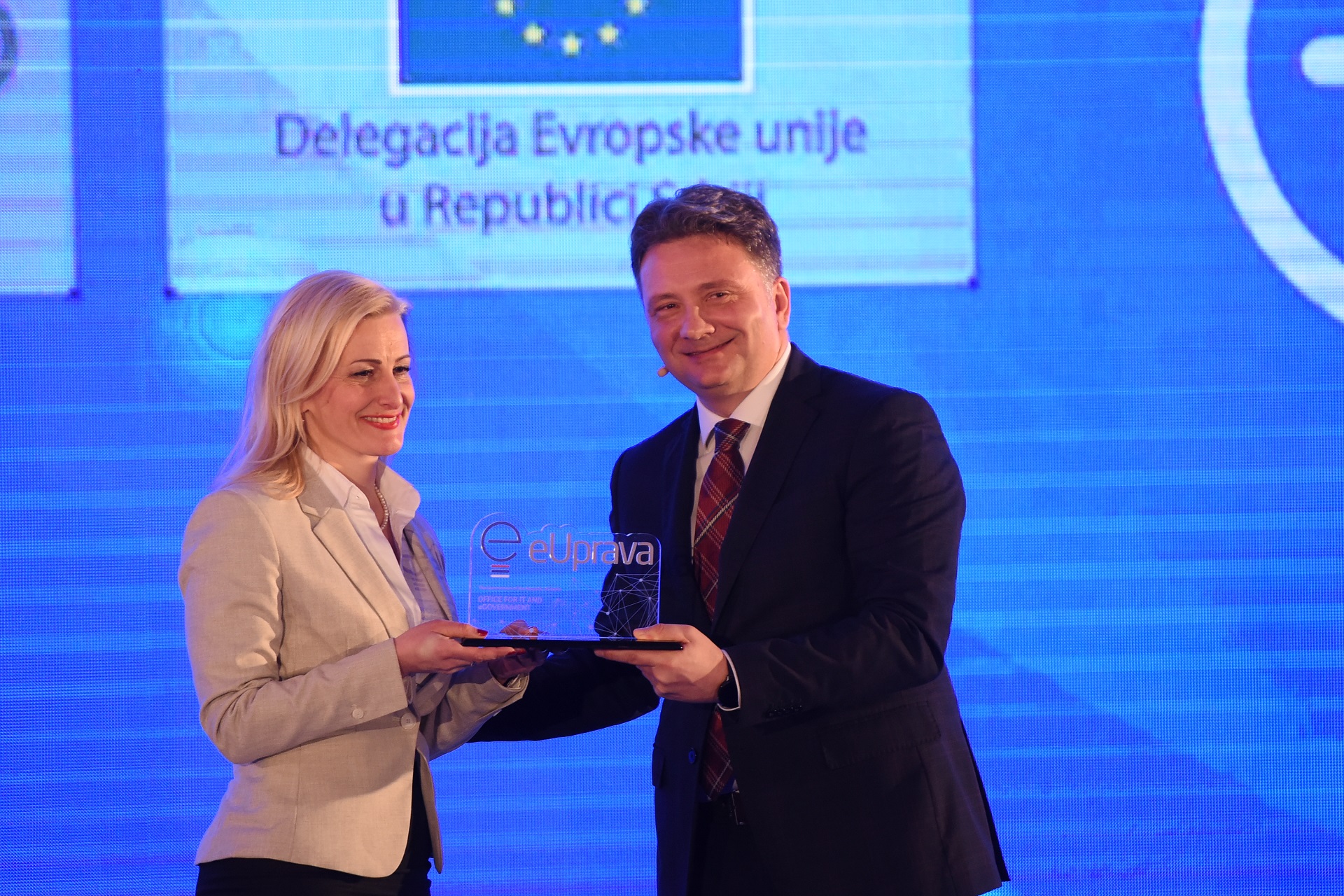A unified electronic mailbox makes counters a thing of the past
At yesterday's session, the Government of the Republic of Serbia adopted the eGovernment Development Program 2020-2022. which proposes that in the next two and a half years, the largest number of public administration services will be available to citizens and businesses on the Internet or mobile phone. Namely, the establishment of 300 new eGovernment or mGovernment services is expected, which will be regularly used by at least one and a half million citizens and businesspersons, which will avoid going to the counters and submitting documentation in paper form.
The eGovernment Development Program has four goals, and the most important for citizens is the third one, which defines the improvement of the eGovernment Portal, a significant increase in the number of eServices and a new approach to digitalization of procedures with a focus on life events. In case of relocation, tax payment, car registration or other similar life activities, citizens will be able to immediately perform all procedures related to that event electronically, instead of solving them one by one. All services will be available via mobile phone, and citizens and businesses will have the opportunity to monitor the resolution stage of their request and finally assess service quality.
The basis for developing eGovernment will be digital infrastructure: completing of the State Data Center in Kragujevac, connecting local governments to the eGovernment’s single information and communication network and the establishing eOffice and eArchive, in order to fully digitalize the public administration’s work to enable reception, production and storage of electronic documents. Completing the Central Population Register and the developing the Metaregister, strengthening information security and training officers to work in the digital environment is of strategic importance.
One of the Program’s key goals is the legal security of eGovernment. Citizens will be able to check what data the authorities keep about them, to submit a request for change or to find out who uses that data and in what way. Electronic documents will be recognized and accepted by courts, notaries and bailiffs, while institutions will confirm their authenticity with their e-seal, instead of individual officials’ e-signature.
The program will also resolve the issue of document delivery. Instead of waiting for postmen, citizens and businesses receive an electronic decision from local tax administrations for property tax in the Unified Electronic Mailbox on the eGovernment Portal. The court, cadaster and other decisions will be delivered similarly, which will solve a decades-long problem of procedures subject to a statute of limitations due to poor delivery, and it is expected that at least 640.000 citizens will have an electronic mailbox by 2022.
Finally, a special Program goal is dedicated to making the data in the state bodies’ possession publicly available so that all citizens, especially businesses, can use them to create new services and products and encourage economic development. It will also serve as the basis for creating a platform for the exchanging data of importance to local development so that local governments can start applying the concept of smart cities in service development.
The eGovernment Development Program 2020-2022 is a strategic act of the Government made in accordance with the Law on the Planning System. It was created by the Ministry of Public Administration and Local Government (as the proposer of the act) and the Office for IT and eGovernment, in cooperation with NALED, and with the support of the United Kingdom Government Good Governance Fund through UNDP and the European Union within the Public Administration Reform project. The Government’s Coordination Council for e-Government served as a working platform for formulating the goals, measures and priorities of the program, through the active participation of IT experts from state bodies, members of academia, PKS and NALED. In addition to the public discussion, additional consultations were conducted through focus groups and interviews with businessmen, local governments, the international community and decision makers.

